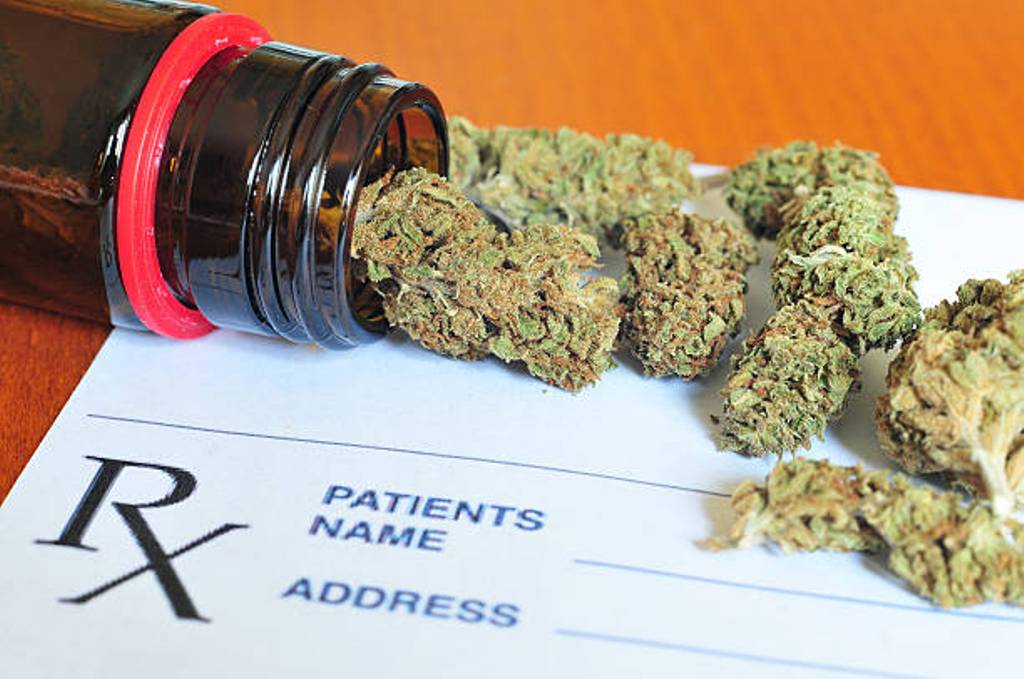A Medical Marijuana Doctor in Denver Shares Tips on How to Help Patients
If you are looking for help in managing your medical marijuana treatment, you can turn to a qualified MMJ doctor. Denver, Co has some of the best doctors in the country when it comes to cannabis medicine, and they can offer you tips on how to make the most out of your treatment. Here are just a few things that an MMJ doctors Denver can help you with.
One of the most important things that an MMJ doctor can do is help you find the right cannabis strain for your condition. With so many different strains available, it can be tough to know which one will work best for you. A qualified MMJ doctor will be able to offer you guidance on this front, and they may even be able to recommend a specific dispensary or grower that can provide you with the perfect strain.
An MMJ doctor can also help you understand the different methods of consuming cannabis. Smoking is the most common way to consume marijuana, but it is not always the best method for everyone. If you are looking for alternatives to smoking, an MMJ doctor can point you in the right direction. There are many different ways to consume cannabis, and a qualified doctor will be able to help you find the best method for your needs.
The following questions must be addressed in order to successfully treat patients with medical cannabis:
What factors should you consider while selecting a marijuana product based on the patient's medical condition(s)?
Marijuana is not a one-size-fits-all answer. One thing I've learnt in the past five years or so is that this is a very nuanced science, much like any other medicine. There are a variety of things to consider when matching a patient with the right product. The first thing is always going to be the qualifying medical condition or conditions that the patient is treating. Different cannabis strains can be better or worse for different conditions. For example, some strains can be more effective for pain management while others might be better for anxiety or depression. Another key factor is the delivery method. Some patients do better with edibles while others prefer to smoke or vaporize their medicine. The route of administration can also be important depending on the condition being treated. For example, some conditions are better suited for topical application of cannabis-infused products.
What are some general tips you would give to a first-time medical cannabis patient?
If you're a first-time medical cannabis patient, there are a few things you should keep in. First of all, start low and go slow. It can be easy to get excited about using cannabis medicinally, but it's important to start with small doses and increase gradually as needed. This will help you avoid any unwanted side effects. It's also important to keep track of how different strains and products affect you. This can be done by keeping a journal or simply making mental notes. Lastly, don't hesitate to reach out to your medical marijuana doctors or other medical professionals if you have any questions or concerns. Medical cannabis is still a relatively new field, and even the experts are still learning a lot.
How do you select the most appropriate delivery method for the patient’s specific medical condition(s)?
Avoid smoking medical cannabis if you can, since it is far less beneficial and more harmful. There are a variety of other methods of administration: topicals, sublinguals, inhalation, orals, rectals, or vaginas.
The best delivery approach for any medication, including cannabis, varies based on a person's medical history and diagnosis.
For example, the oral route has failed in patients who have had a gastric bypass before. These individuals are frequently unaffected by using an oral medical marijuana product, good or bad.
On the other hand, a patient with intractable nausea and vomiting from chemotherapy had great success using a cannabis suppository. This method of delivery allowed her to avoid taking any more medication by mouth, which was very helpful given her condition.
How much should patients take?
Titrating a patient's medicine down to an optimal dosage within the therapeutic range is one of our primary responsibilities as licensed medical marijuana doctor. I do nothing different as a medical marijuana doctors. It's just that the drug is really unique.
Cannabis is unique in that there is a very wide therapeutic range. This means that patients can take relatively small or large doses and still experience relief from their symptoms. The key is to find the optimal dose for each individual patient. This can be done through trial and error, or with the help of a qualified medical marijuana doctors.

When and how often should patients take marijuana?
In the case of medical cannabis, many people believe that "more is better." This misconception also applies to prescription drugs. More often than not, I'm urging my patients to decrease their use frequency. I pay attention to the ideal (not maximal) frequency of usage.
But that isn't all. There's more to it than that. My patient and I will also have to go through some logistical issues. Taking medical marijuana in combination with other prescription drugs is one of them.
This is one of the most crucial conversations I have with patients. The conversation about stopping their other prescription medications is even more essential. This is the objective of many individuals, simply being irritated by adverse effects, constantly being concerned about getting addicted, and, in fact, the alternative medicines weren't working.
How does a patient buy medical marijuana?
This is something I have to discuss with my patients. It's not like a normal prescription, which you can give the patient and have them take to the closest pharmacy. Marijuana is only provided at state-licensed medical marijuana dispensaries in states where it is legal for medical or recreational use. However, most patients are totally unaware of this information. I'll be honest: a few of times, I've had patients bring their medical marijuana card to the pharmacy where they purchased it in order to get more medicine. They've come out empty-handed, leaving the pharmacist perplexed.
Another key element is at play here. If I don't advise my patient on what to ask for at a medical marijuana dispensary, they'll be at the mercy of the "medical advice" of the person behind the counter handing it out — a "budtender."
Although well-intentioned, these individuals are less likely to have the required medical knowledge or skills to make crucial healthcare decisions for patients. The budtender may also confuse and overwhelm patients since they've been sold 10 different items instead of one specific product to assist with their condition.
Hopefully these tips from a Medical Marijuana Doctors will help you in your journey with Medical Cannabis! If you have any more questions feel free to contact MMD Medical Doctors and we would be happy to help! Stay tuned for more blog posts like this in the future! Thanks for reading.

